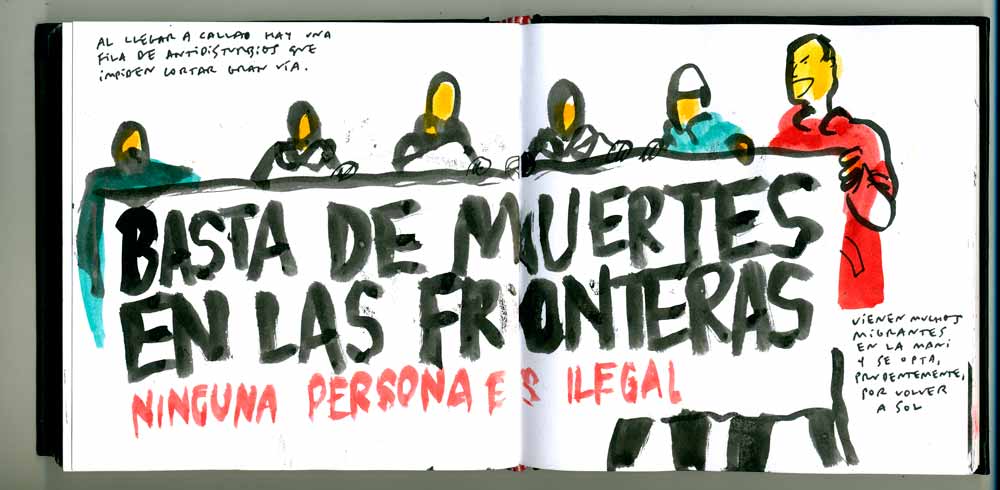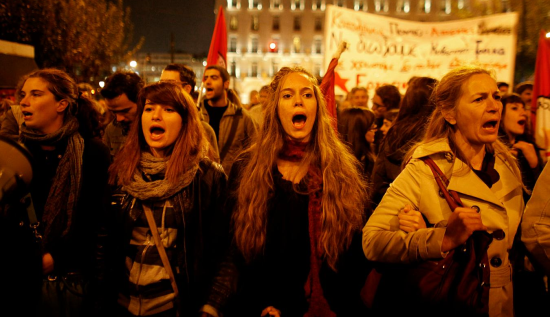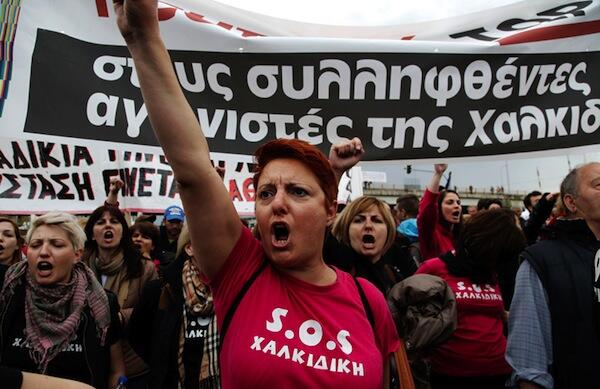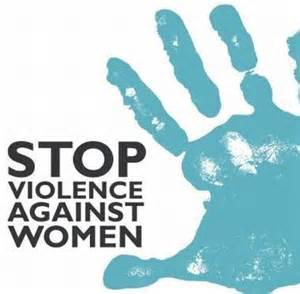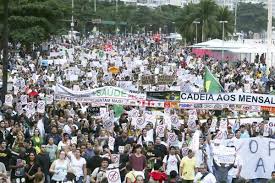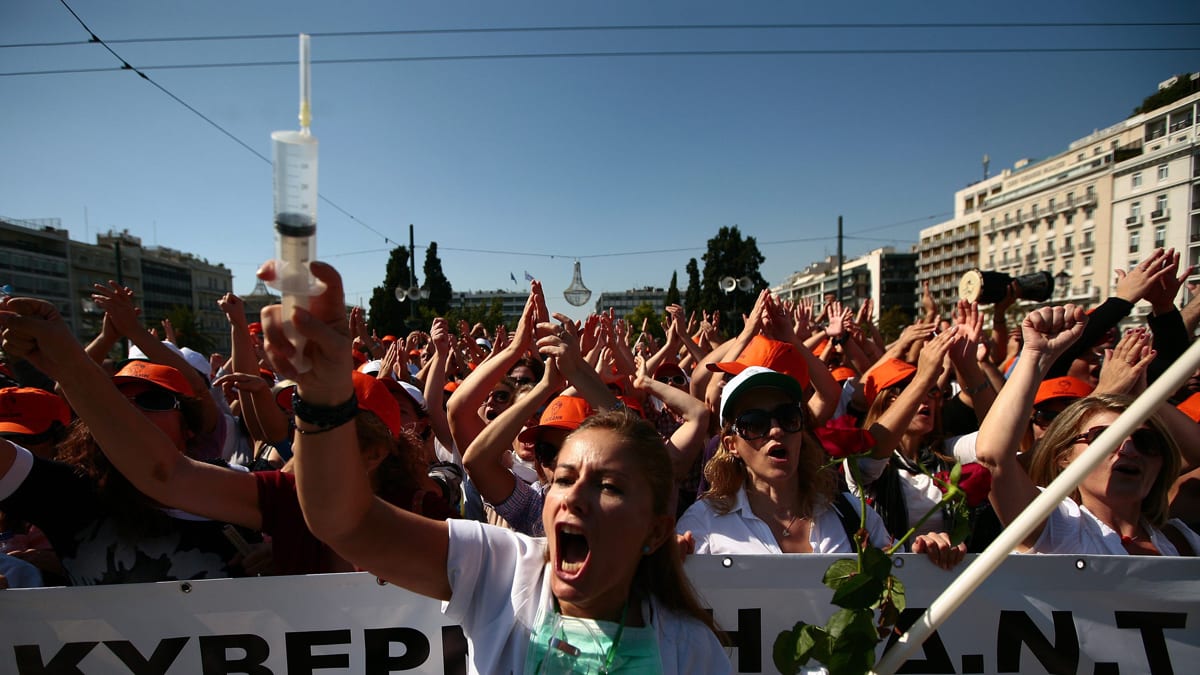Once upon a time, in 2010, a crisis was discovered in Greece. It was called a public debt crisis. Actually, it was orchestrated by very private interests, including a few American hedge funds and some German interests. The list of financial sector beneficiaries is very long.
Anyway, the Neoliberalists of the European Union sent the Troika to the rescue. The Troika established a dictatorial rule of austerity measures that indebted the population itself. Workers and small business owners suddenly had to pay the exorbitant interest rates established by the market. Actually, there were no structural problems in Greece, but the European leaders closed their eyes on the arrangements made by the Greek ruling class with the help of Goldman Sachs … as long as they produced profitable returns for the investors.
In 2013, the Greek government of Antonis Samaras passed a series of laws to make the population pay into a new, “modernized” tax system. For instance, previously had had no local taxes. The law changed all that. The net result of the new laws was to criminalize anyone who owed at least 5 000 € ($6 890) to the State.
Waves of new inmates hit the already overpopulated prisons. A recent video filmed by a prisoner at the Aglos Pavlos Prison Hospital, in the notorious Korydallos Prison, unveiled the revolting conditions. For instance, the camera is directed at a man lying on a bed, he shows his gangrenous legs; and the voice says: “They will cut off both of his legs. He comes for 8 months here because he owes some money to the government. He cannot walk. He came with two feet and he will go out with no feet.”
This video made the news and drew the attention of Liliane Maury Pasquier (Switzerland, SOC), the rapporteur on “Equal access to health care” for the Parliamentary Assembly of the Council of Europe, or PACE. She expressed grave concerns, noting that 200 sick inmates, many with highly contagious diseases, lived in a place made for 60 people. She added: “In such conditions, it is impossible to ensure that prisoners receive appropriate treatment, not to mention the fact that overcrowding obviously contributes to the spreading of contagious diseases, thereby endangering the lives of all prisoners in the hospital.”
In 2013 the Parliamentary Assembly adopted Resolution 1946 (2013), “Equal access to health care.” The Resolution states that inequalities in access to care particularly affect vulnerable groups, including the poor and those in detention. As the video demonstrates, the Troika has continued to apply its austerity measures with dire, and fatal, consequences for the population, and especially prisoners.
The cynical and methodical process of dehumanization in Greece is also orchestrated by the state. A 90 years old woman with Alzheimer left her home and became disoriented. Policemen found her and took her to the police station in order to help her find her family. Instead of her family, they found that she was registered on the computer as owing 5,000€ to the tax administration. They transferred her to jail where she went into a state of panic and became more disoriented. Finally, her niece was informed of her whereabouts. However, she was not released, thanks to other laws that labeled her a criminal. Moreover, the overload of work has kept her in detention. She suffered from various injuries for falling from her cell’s bed. Her mental condition meant nothing to the State. This is not an isolated case. Another elderly woman was recently arrested for owing money she didn’t even know she owed.
Who are the real criminals? Impoverishment is normalized. Prison is used to fragment Greek civil society and to eliminate all kinds of opposition to the growing inequalities.
The origin of this destruction is erased as the President of the European Commission, José Manuel Barroso, recently declared that the “sacrifices” of the Greeks “open the gate to a better future for themselves.” He should read the report of Lilliane Maury Pasquier who requested “immediate improvements” in hospital facilities in prison. After visiting Greece she decried the negative impact of austerity measures on access to health care in general.
Once again, prisons contribute to the fabric of inequality and dehumanization in a debt economy. They are brutal tools of power.
(Video Credit: Les Observateurs France 24 / YouTube)
